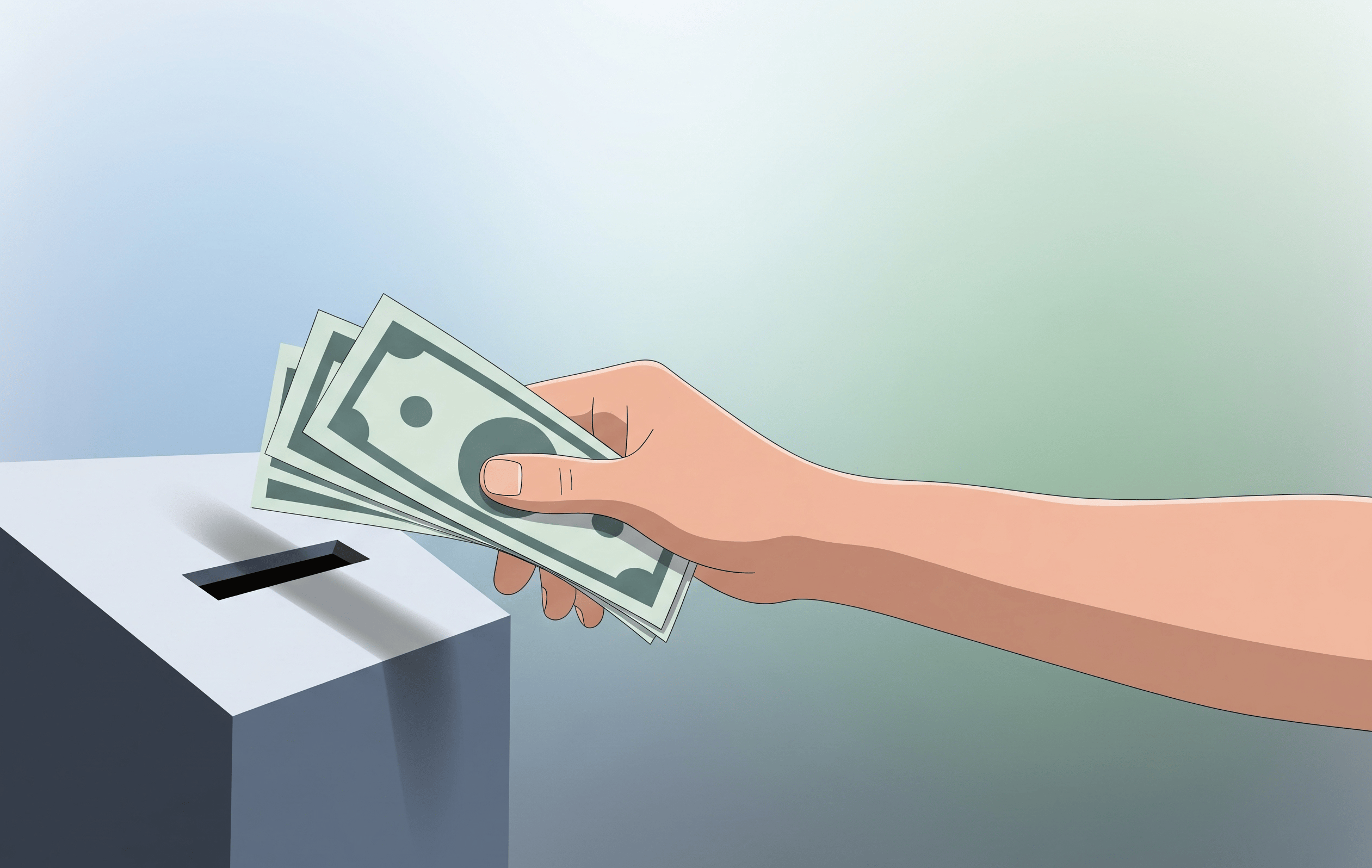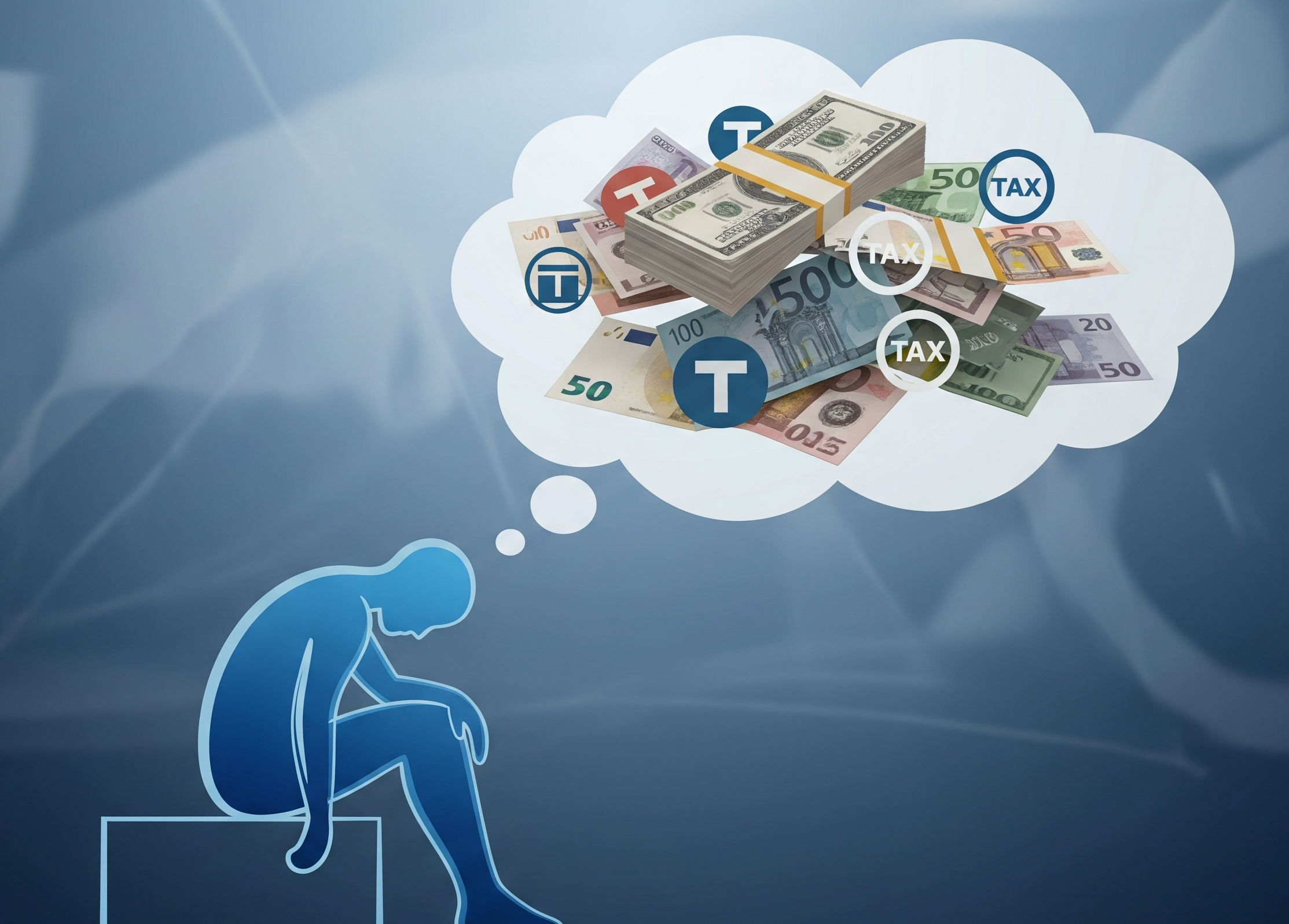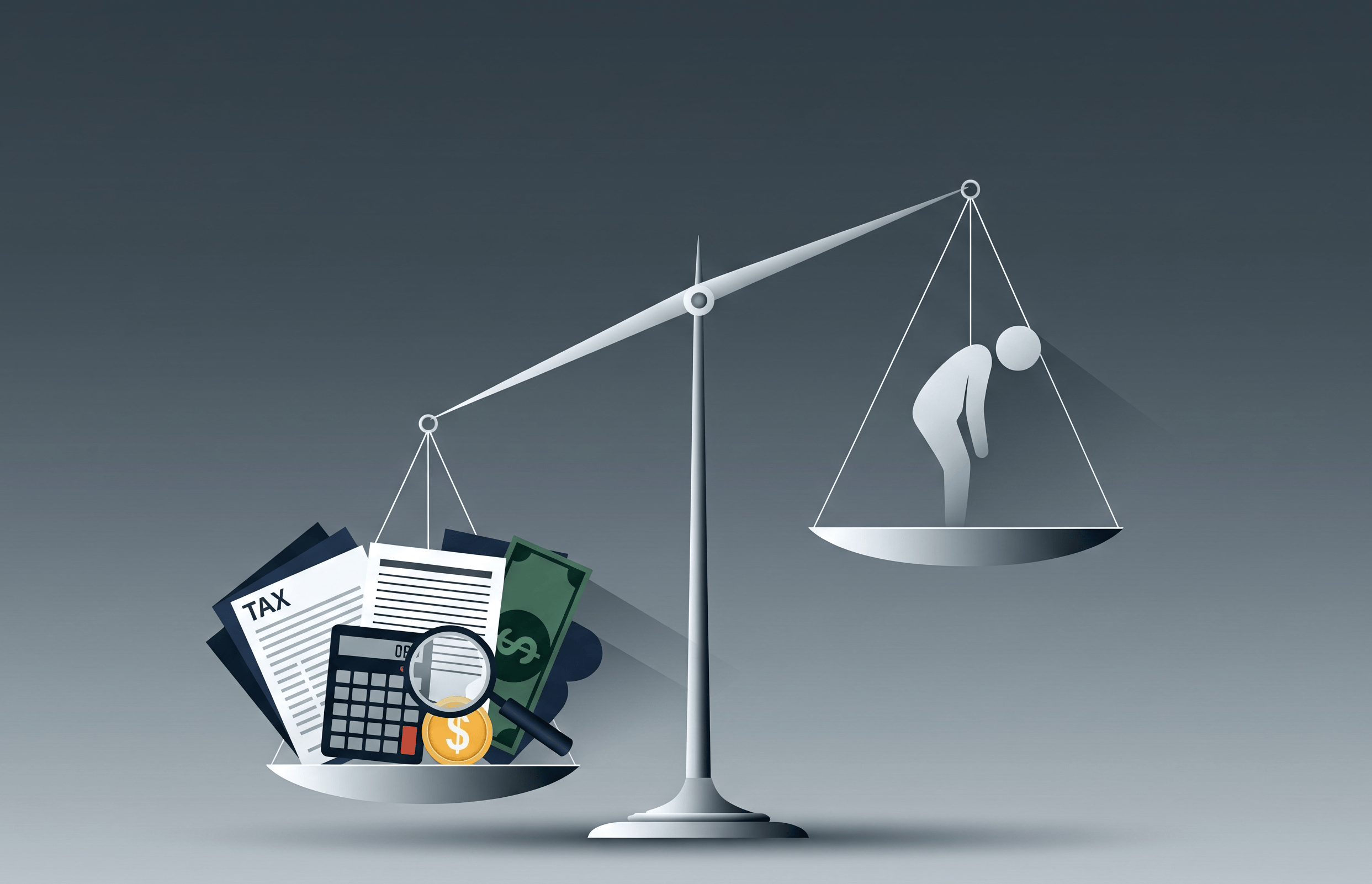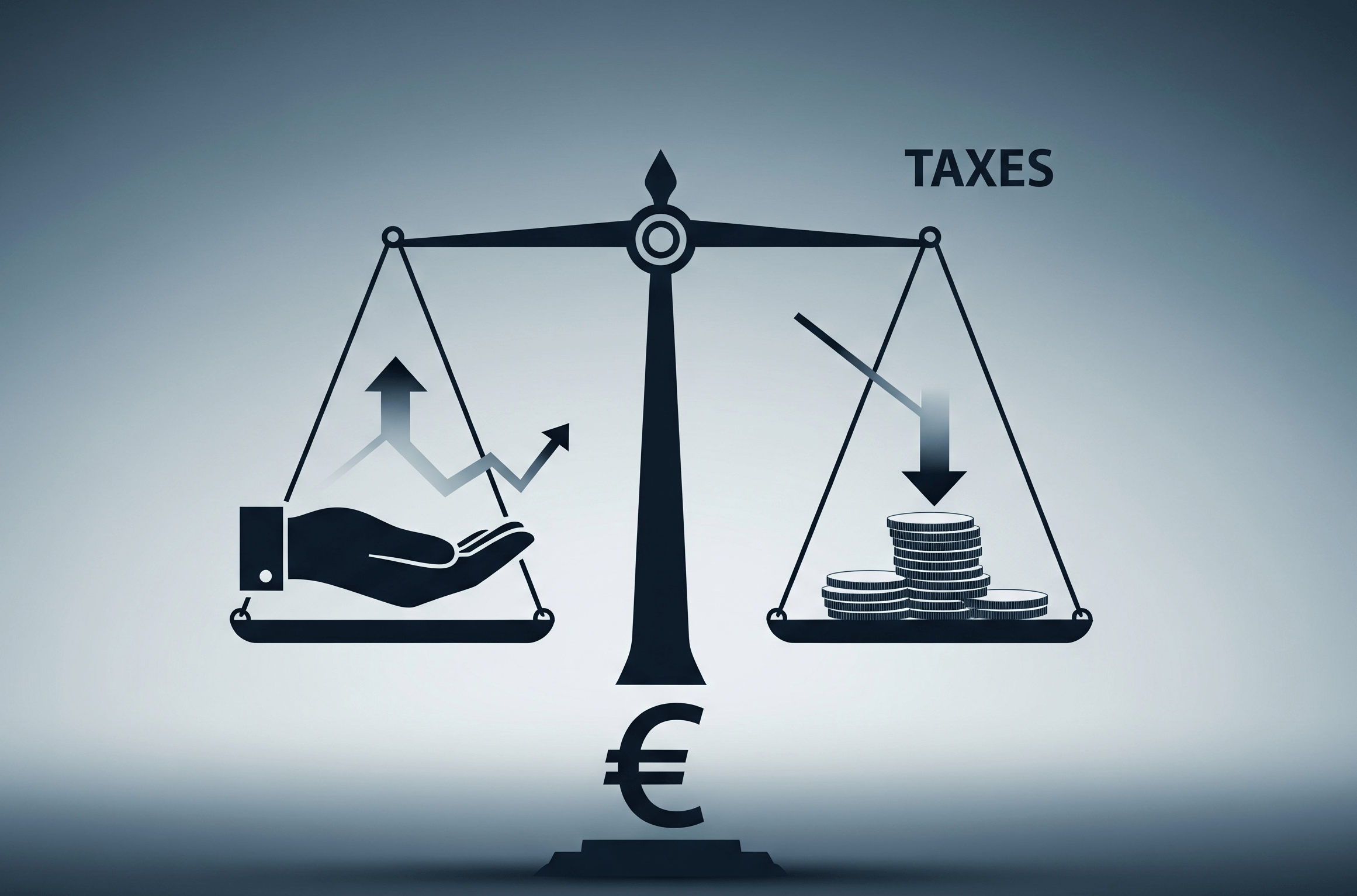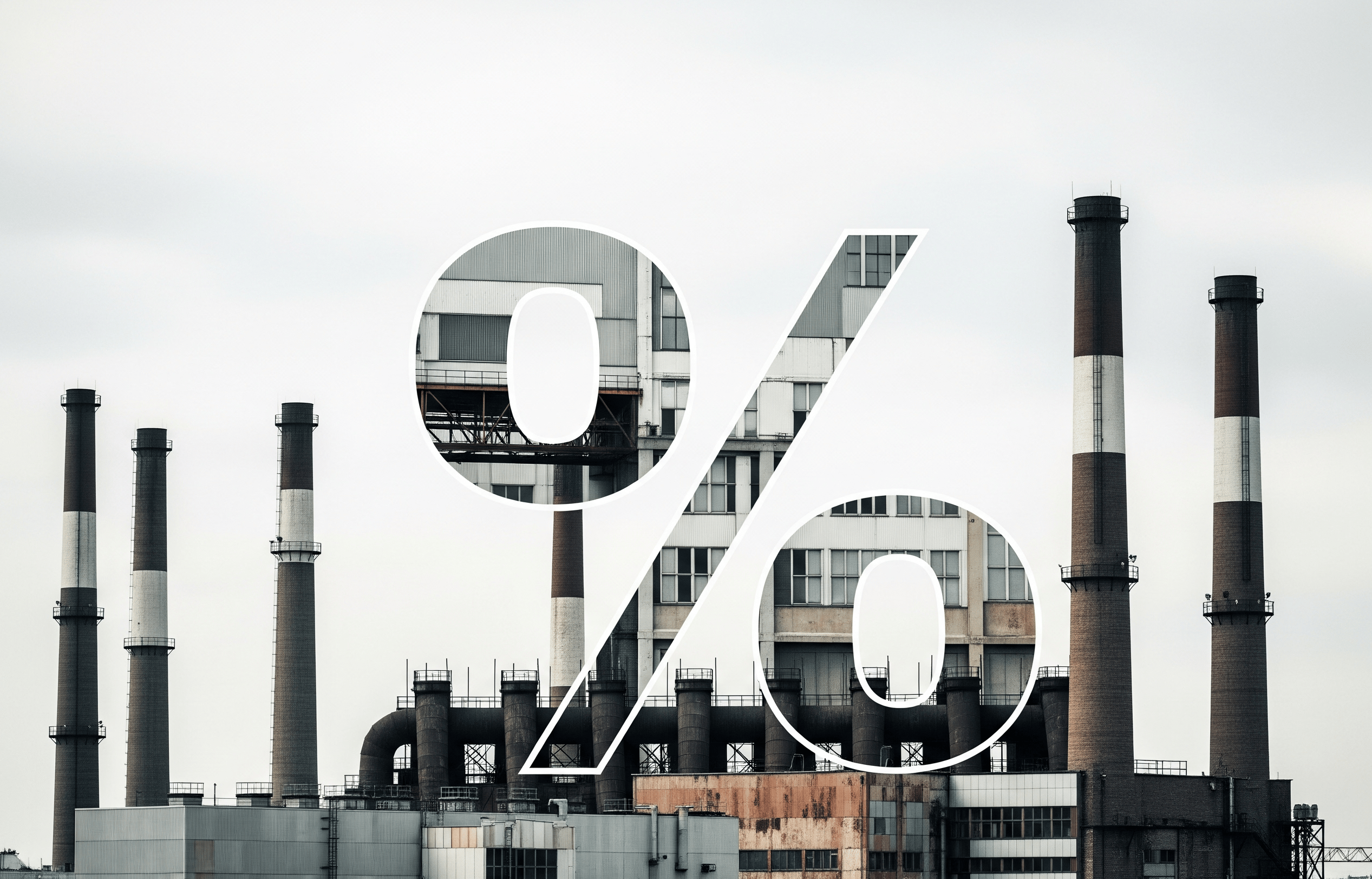Author: Vince Adriatico (Ex-banker with 750+ Credit Score)
Date: 7/7/2025
Unemployment benefits are designed to help when work disappears, but for many, a notice arrives later asking a confusing question: Do you have to repay unemployment benefits? Whether it's due to an overpayment, ineligibility, or an error during the claims process, repayment can come as a surprise. Some cases qualify for waivers, while others may be flagged as fraud. Furthermore, tax confusion and credit risks further complicate matters. This article outlines the circumstances under which you may need to repay unemployment benefits, the options available to you, the role of taxes, and why building credit during a setback remains possible with tools like Cheers Credit Builder.
Why Are People Asking If They Have to Pay Back Unemployment?
If you're wondering: Do you have to pay back unemployment benefits– the answer depends on your situation. Repayment typically occurs when an individual receives more money than they are entitled to, fails to meet the eligibility requirements, or commits fraud. However, a growing trend is emerging: more states are forgiving overpayments, mainly when the person acted in good faith.
Common Reasons You Might Owe Money Back
Overpayment occurs more frequently than people realize, and it's not always your fault. Sometimes a state agency miscalculates your benefit. At other times, your job or income status changes midweek, which can affect your eligibility. If you continue to receive benefits after starting to work again, even part-time, your weekly amount may decrease or be canceled altogether.
But here's the key question: Do you have to pay back unemployment in these situations? Not always. Many states now allow people to request a waiver if the overpayment wasn't their fault and repaying the money would cause financial hardship.
On the other hand, if the overpayment was due to false information or intentional misreporting, states treat it as fraud. In those cases, repayment is almost always required, along with penalties.

Tax Confusion: Do You Pay Back Unemployment or Just Taxes?
Many people confuse "repaying unemployment" with "paying taxes on unemployment." They're not the same.
You don't usually have to pay back unemployment benefits just because they're taxable, but you do need to report them on your tax return. Unless you elected to have taxes withheld from your unemployment checks, you could end up owing federal and possibly state income taxes. This doesn't mean you have to repay the benefits to the unemployment office- it means the IRS wants its cut.
For tax year 2021, the American Rescue Plan temporarily exempted up to $10,200 in unemployment income; however, that relief has since expired. If you received unemployment benefits in the last year, make sure you're prepared for the tax bill.
What Happens If You Don't Pay Back Unemployment?
Failing to respond to a notice to repay unemployment benefits can have serious consequences. The most common outcome is the garnishment of your state or federal tax refund. In some cases, states may withhold future unemployment benefits until the debt is cleared. If you continue not to pay, your case could be sent to collections, which can damage your credit.
So, do you have to pay back unemployment benefits even if you disagree with the reason? Not necessarily. Many states let you appeal the decision or request a payment plan. But ignoring the notice won't make it go away, and the longer you wait, the fewer options you'll have.
What To Do If You Get a Repayment Notice
If you receive a letter saying you need to pay back unemployment benefits, don't panic. Start by reading the notice carefully. It should explain why the money is owed, the amount you owe, and the deadline for your response. If you believe the overpayment wasn't your fault, you can request a waiver based on financial hardship.
In some cases, you may want to file a formal appeal, especially if you think the decision was incorrect. Most states have strict deadlines, so act quickly. If repayment is unavoidable, ask if your state offers a payment plan. Being proactive gives you more control over how you handle debt and reduces the risk of long-term consequences, such as wage garnishment or credit damage.
Do You Have To Pay Back Unemployment If You Want to Protect Your Credit?
Unemployment itself doesn't hurt your credit. However, failing to repay benefits—especially if your case ends up in collections—can show up on your credit report. That's why it's crucial to address these notices promptly, even if you're struggling financially.
At the same time, there's something you can do to move forward: build credit while rebuilding your finances. Cheers Credit Builder makes this possible by helping you establish a strong payment history with a small monthly loan that gets reported to all three major credit bureaus. While you're making those monthly payments, your money sits in a secure FDIC-insured account, and at the end of the term, you get it back, minus the interest.
So even if you're facing uncertainty around whether you have to pay back unemployment, you can still make progress where it counts: your credit.
A Smarter Way Forward With Cheers Credit Builder
Losing a job or dealing with a government repayment notice can feel overwhelming. But there's still a way to keep momentum. Cheers Credit Builder is designed to support people rebuilding their financial foundation without taking on risky debt. You don't need a credit card. You don't need to pass a credit check. You choose a plan, make low monthly payments, and build a positive payment history while your money stays safe.
And unlike most other credit-builder loans, Cheers gets started fast. Your first payment is reported to the credit bureaus by the next business day, so you're building credit from Day 1, not waiting a month to get started.
Final Word: So, Do You Have To Pay Back Unemployment?
The short answer is: it depends. If you were overpaid and the error wasn't your fault, you might qualify for a waiver. If you were found ineligible or didn't report income correctly, you could be required to repay some or all of the money. However, there are options, such as appeals, waivers, and payment plans, that can keep things manageable.
While navigating this process, don't forget to invest in your credit. A strong credit history opens doors, whether you're getting back on your feet or planning for the next opportunity. With Cheers Credit Builder, you can build credit even when times are tough-no credit card needed, no setup fee, and no surprise charges.
Because the real question isn't just "do you have to pay back unemployment"-it's how you move forward after the unexpected.
Cheers is not a bank—deposit accounts held by Sunrise Bank, Member FDIC.





